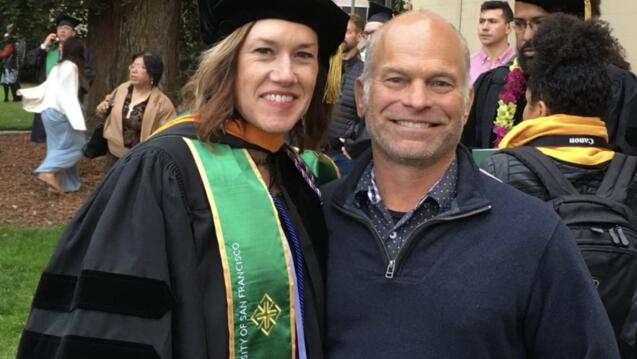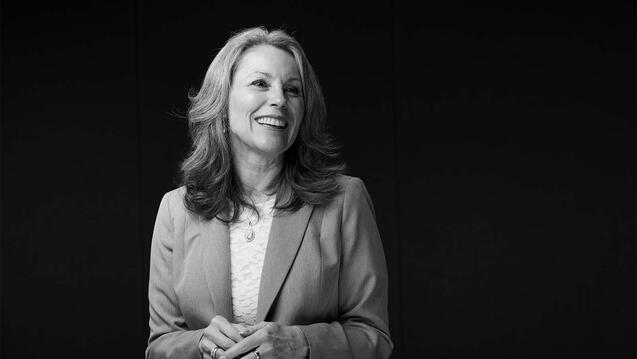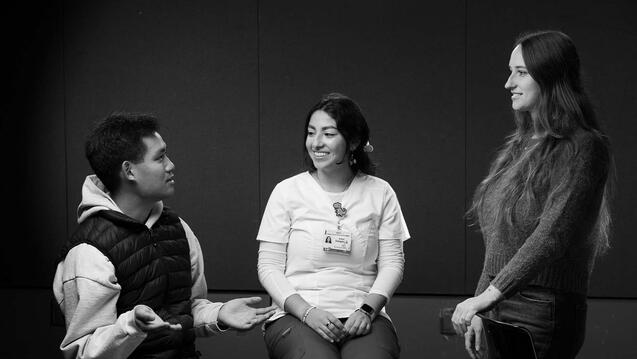The Impact of My Community Mental Health Rotation

I’ve always wanted to be a nurse. As the oldest of four rowdy children, I bandaged wounds, calmed panicky post-accident nerves, and even removed the staples from my brother’s head.
In high school, I cherished the time I spent babysitting a young child with fresh cranial distractors, oozing fluids and all. And the day I spent training as a doula before my junior prom solidified my desire to work in women’s health.
But when I finally moved to San Francisco after a year of attending nursing school on a Zoom screen in my Orange County living room, I suddenly was unsure about my future as a nurse. Nursing classes had taught me about holistic, compassionate, and justice-oriented nursing care, and I entered my clinical rotations ready to “change the world from here.” However, the nurses in those first rotations seemed unable to make human connections with their patients due to understaffed units, long hours, and high-pressure job demands. Many burnt-out, overworked nurses urged me to change career paths. And I almost did. I was left feeling “in the way” and discouraged that a nursing career might just be task-oriented and disconnected from the human experience.
It wasn’t until my Junior year, when I entered my community mental health rotation that I finally reconnected with my “why.” The nurses I encountered during this rotation described their practice as “non-judgmental” and “creative.” Psychiatric nursing requires communication skills, compassion, and individualized intervention for effective patient healing. I enjoyed my experience so much that I took a job that following summer as an interim volunteer coordinator at The HUB, a resource center for the unhoused community in my hometown in Orange County, and spent three weeks in Salt Lake City, Utah, shadowing healthcare professionals at Fourth Street Clinic, a center that provides innovative healthcare to the unhoused community.
For my senior capstone experience, I was placed in a postpartum unit at Lucile Packard Children’s Hospital, Stanford. Surprisingly (to me, at least), I found that the skills of honest, respectful, and nonjudgmental communication that I had developed while working with the unhoused community and adults with mental illnesses were incredibly valuable when working with vulnerable parents in the postpartum unit. I felt that same human connection and deeply personal healing experience. Teaching new parents how to change a poopy diaper, squatting near the toilet to clean blood from a mother’s perineum, and being both an educator and a cheerleader as parents and babies learn to breastfeed have been the moments that grounded me in the humanity that my Jesuit education keep at the core of true healing.
I will realize my life-long dream this spring by graduating with my Bachelor of Science in Nursing from the University of San Francisco. I am ready to begin my career at an institution that shares the values that my Jesuit education has instilled in me, including a passion for equitable, compassionate, and holistic patient care. My role as a big sister, my Jesuit education, and my diverse clinical experiences have instilled in me a deep care for others and a desire to give back to my community, which I hope to be able to do as I begin my career as a Registered Nurse.
My role as a big sister, my Jesuit education, and my diverse clinical experiences have instilled in me a deep care for others and a desire to give back to my community."


